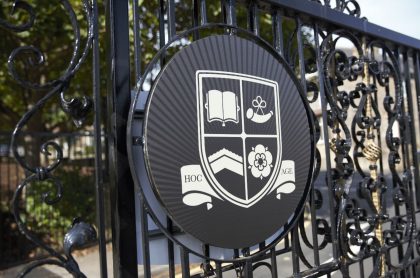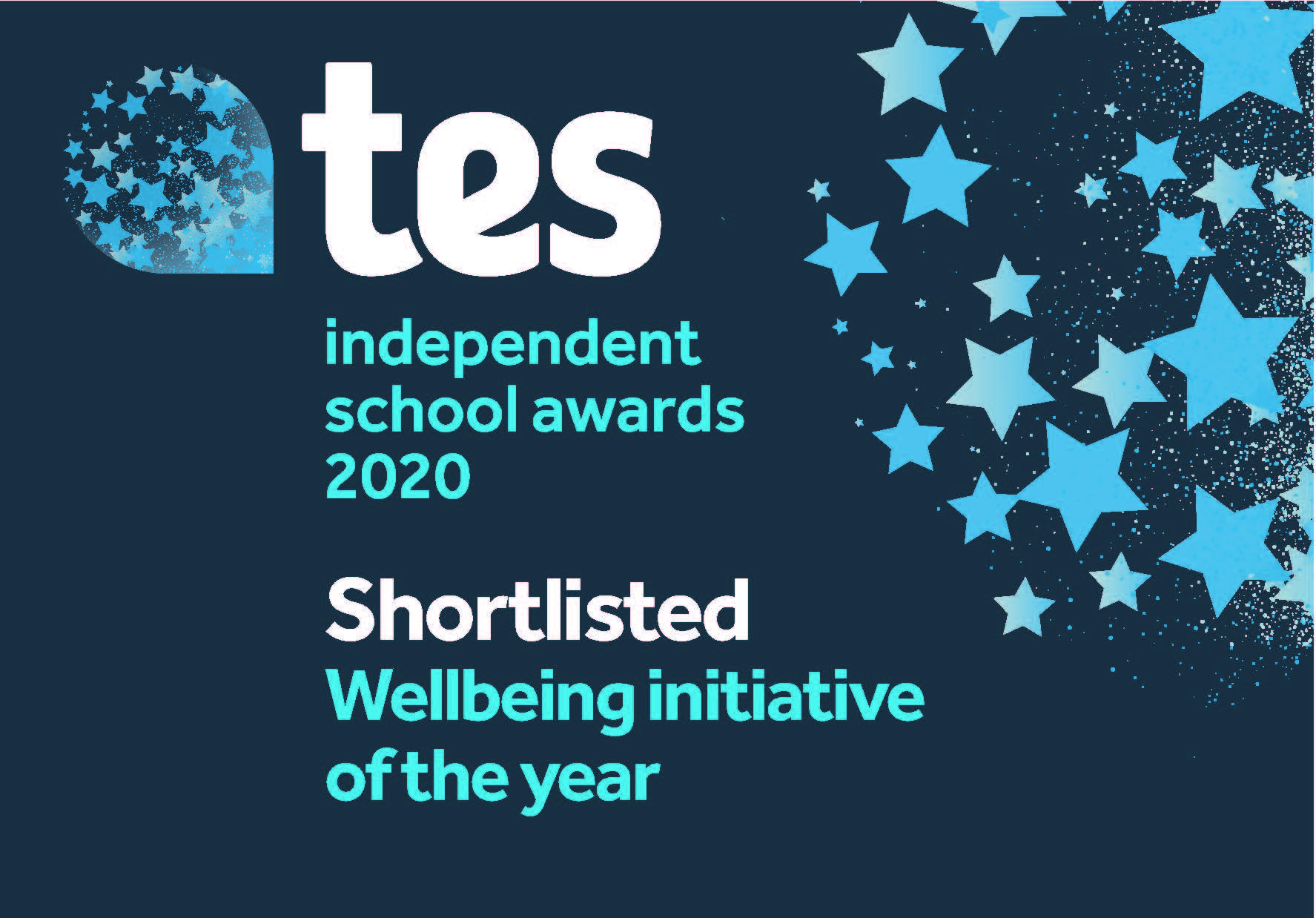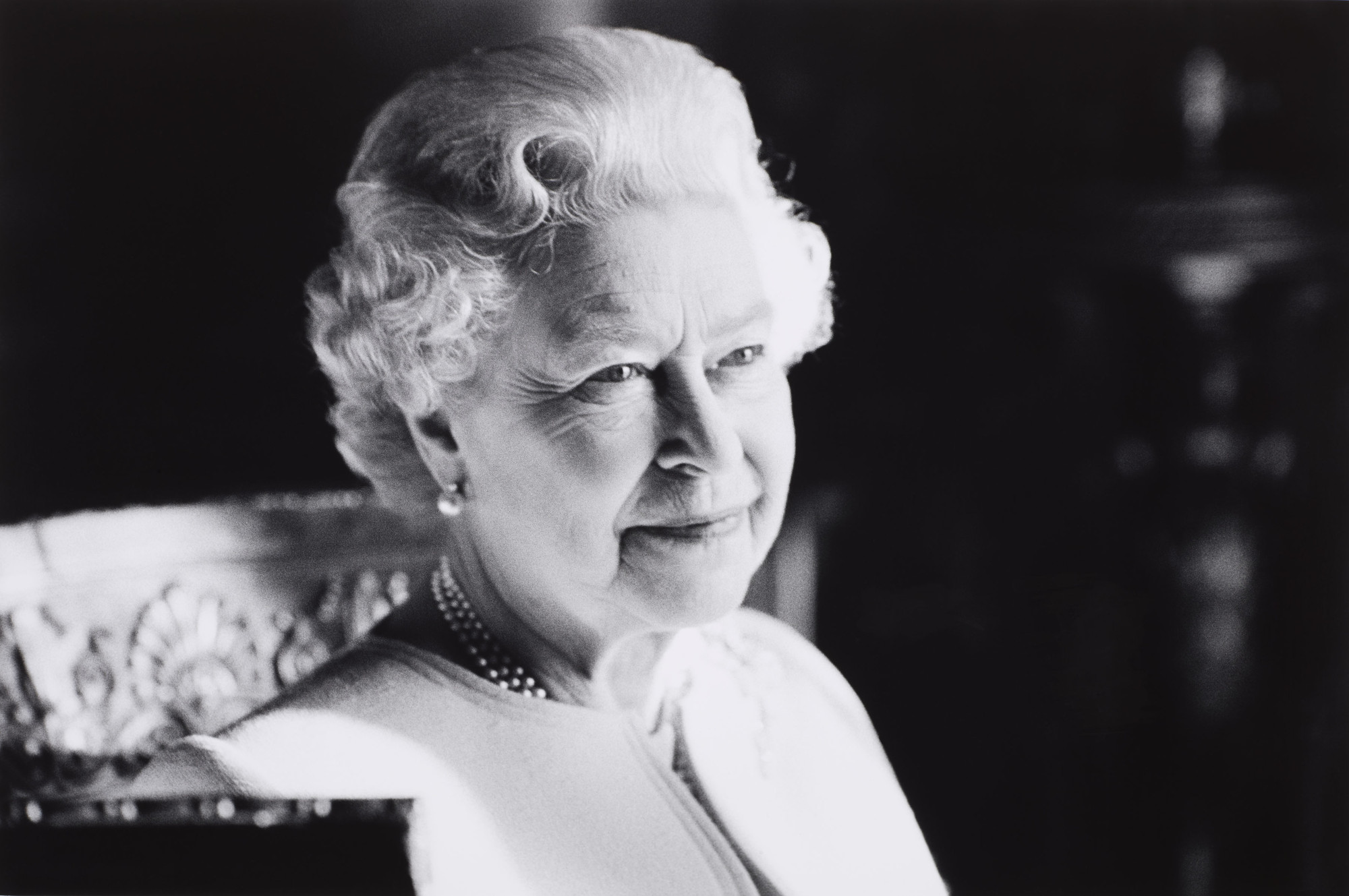It’s back to business as (near) normal on Monday. School children at Bradford Grammar and across England return to classrooms after a 2021, thus far, spent learning at home in lockdown. This is good news for pupils, families and school staff, not just teachers. We have missed each other and the rub of close community. Might we now patiently renew school routines and relationships, and rekindle the rich existence of school life?
I think so. But we need to take steps carefully. When BGS pupils returned to campus in their year group bubbles last spring 2020, which feels like eons ago, they came back to reflect and talk with tutors, receive awards and prizes, enjoy physical activity and competitions, consolidate prior learning, which was more about ensuring confidence than checking facts, and spend time planning and taking control of the next chapter of school life. Oh yes, and also picnic on the grass catching up with mates! And we took it slow. We need to do that again now, across schools.
However, a gathering concern wears on with growing urgency. Lost learning, a lost generation, teachers and a notional army of tutors plugging deepening gaps, bridging a gulf between the most severely affected, disadvantaged children and their peers. Longer school hours, shorter school holidays. A problem, a crisis, bleak prospects for blighted youth.
No one denies the awful truth that education for some school children has been severely disrupted during the pandemic. The dominant talk of deficit, disadvantage and future detriment, and the language used to describe this issue, does not however tell the whole story.
The perseverance and spirit demonstrated by our young people during lockdown merits better understanding. It’s been tough to say the least, but not all bad news. Over the course of two long bouts of remote learning, our young people, not just at BGS, have successfully completed courses on time, demonstrated the acquisition and understanding of new knowledge and skills. They have discussed, created, experimented, collaborated, exercised and enjoyed a virtual programme of co-curricular clubs and activities. For many, school life has remained busy and rich. Much valuable and secure learning has taken place, some of which, for example, in the fields of digital capability and confidence, executive function and independence, has prospered, although we accept the learning curve has been steep. It would be helpful, I think, to acknowledge that things have been gained, not just lost in the world of education these past months for a complete understanding, a more optimistic appraisal of the experiences and prospects of British youth.
Surely the children back in our classrooms, the parents clearing up home-school kitchen tables after weeks of spinning plates like Paul Daniels and the teachers now unplugged from PCs deserve to be part of a more positive national story, or at least a balanced one? One that is also about collective effort, ingenuity and overcoming, not just domestic survival and loss of learning?
The man who looks back at me in the mirror is balding, middle aged, somewhat beaten and occasionally grumpy, not overly prone to wearing rosy spectacles. But I hope I might be a realist. I’m trying to encourage balance and realism. The pandemic and its imprint on education are far from over, but as our children go back to school and we acknowledge there is critical work to do, we should also tell the stories of success. It is possible, for instance, to empathise deeply with the cohorts of students uncertain about forthcoming TAGS (Teacher Assessed Grades) or those still feeling cheated by their forebears, CAGs (Centre Assessed Grades), whilst also reflecting pride at the sight of the sheer volume and quality of work completed remotely.
A balanced and broad view of the experiences of all children during lockdowns will, I believe, provide a more hopeful analysis of their recent learning and life chances. The narrative of missed lessons, academic shortfalls, is justified in many contexts and will require a collective effort to address. No one can deny this national headline. But there is more to say if we are to avoid a rush to the wrong approach going forwards. Loading more lessons into longer school days and terms this summer has only equivocal support in evidence and might distract from pastoral aspects and needs.
And let us champion our young people and the spirit they have shown and what they have achieved. They ought to be a source of national pride.
“The pandemic and its imprint on education are far from over, but as our children go back to school and we acknowledge there is critical work to do, we should also tell the stories of success.”







Be Social!